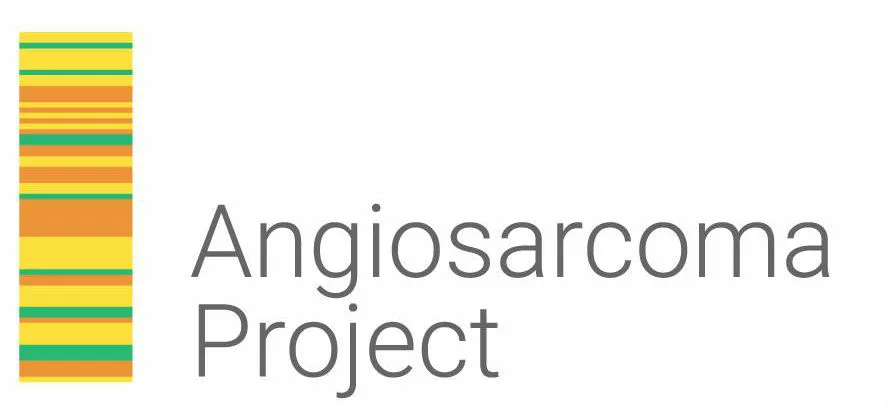
The Angiosarcoma Project takes a new approach to cancer research, by partnering researchers directly with patients, regardless of where they live. Patients with angiosarcoma around the country can share their samples and clinical information in order to speed important discoveries. This project allows researchers to study patients’ cancer using cutting-edge genomic and molecular research studies performed at the non-profit Broad Institute of Harvard and MIT. The goal of this project is to generate the largest database of genomic and clinical information about angiosarcoma and share it with the entire biomedical community in order to rapidly facilitate discoveries. This project uses stored tissue samples that are leftover from previous procedures that patients may have had during their treatment.

Launched by the Rare Cancer Research Foundation, Pattern.org is a flexible platform bridging the gap between cancer patients and scientists. Pattern.org enables cancer patients to directly donate their fresh tumor tissue to high-impact research projects; this helps scientists develop next-generation cancer models, which will be made widely available to the research community. Using these models, researchers can identify cancer’s key points of vulnerability and accelerate drug development. This project uses fresh samples that are taken at the time of surgery or biopsy.
Angiosarcoma Awareness’s own Dr. Corrie Painter is involved in both of these projects, and they are truly groundbreaking in their methodologies and scope. Please check them out and share these important opportunities with other members of the angiosarcoma community!
Cristina Antonescu, MD Memorial Sloan-Kettering Cancer Center
Identification of activating KDR (VEGFR2) mutations in 10% of angiosarcoma, including primary breast and radiation-associated (Antonescu, Cancer Research 2009).
Identification of MYC amplification in an overwhelming majority of secondary AS (radiation and lymphedema-associated)(Guo T, Genes Chromosome Cancer 2011). A smaller subset of secondary AS (25%) was shown to have co-amplification of FLT4 (VEGFR3). A subsequent study has shown that 10% of primary AS (mainly breast and bone) may also show MYC amplification (Italiano, Genes Chromosome Cancer 2012).
Defined the pathogenesis of radiation-associated atypical vascular lesion (AVL), lacking MYC gene amplifications. AVL occurs in the same patient population with secondary AS and often represents a diagnostic challenge. Our study supports that AVL is a distinct entity with benign behavior and does not represent a precursor lesion to AS development (Guo T, genes Chromosomes Cancer 2011).
MYC amplification may play a crucial role in the angiogenic phenotype of AS through upregulation of the miR-17-92 cluster, which subsequently downregulates THBS1, a potent endogenous inhibitor of angiogenesis. (Italiano, Genes Chromosomes Cancer 2012)
AS constitute a distinct subgroup among sarcomas with complex genomics showing rare p53 and PTEN mutations (Italiano, Cancer 2012).
Defined novel translocations in malignant and atypical epithelioid vascular tumors that are typically considered in the differential diagnosis of AS. These new gene fusions represent extremely useful molecular markers for a correct classification of vascular tumors:
Epithelioid hemangioendothelioma:
WWTR1-CAMTA1 (Errani, Genes Chromosomes Cancer 2011);
YAP1-TFE3 (Antonescu CR, Genes Chromosomes Cancer 2013)
Atypical epithelioid hemangioma: ZFP36-FOSB (Antonescu CR, Genes Chromosomes Cancer 2014)
Investigator-initiated clinical trial in angiosarcoma sponsored by the Alliance group (Alliance A091103): A Phase II study of the angiopoietin-1 and -2 peptibody trebananib for the treatment of angiosarcoma – based on our genomic/gene expression data (PI Dr. Sandra D’Angelo, MSKCC Sarcoma Service).